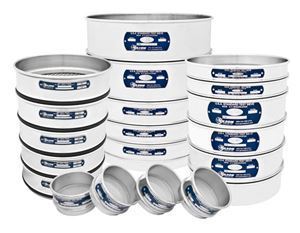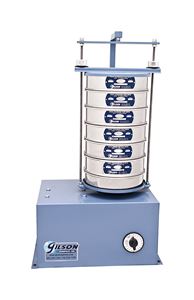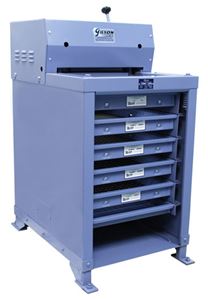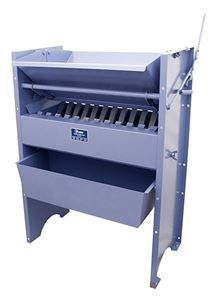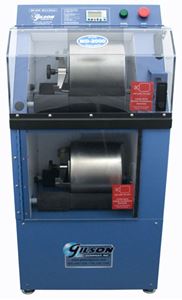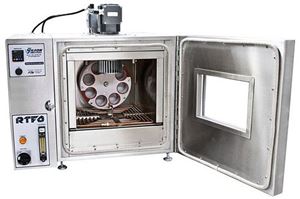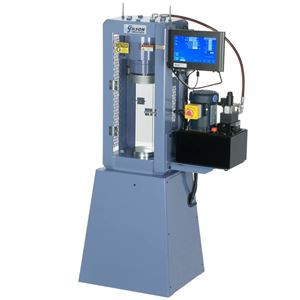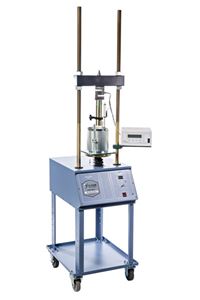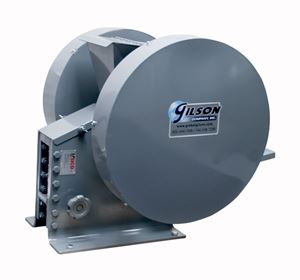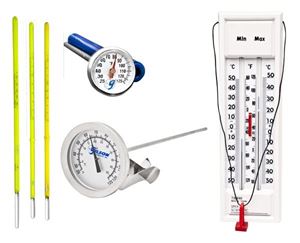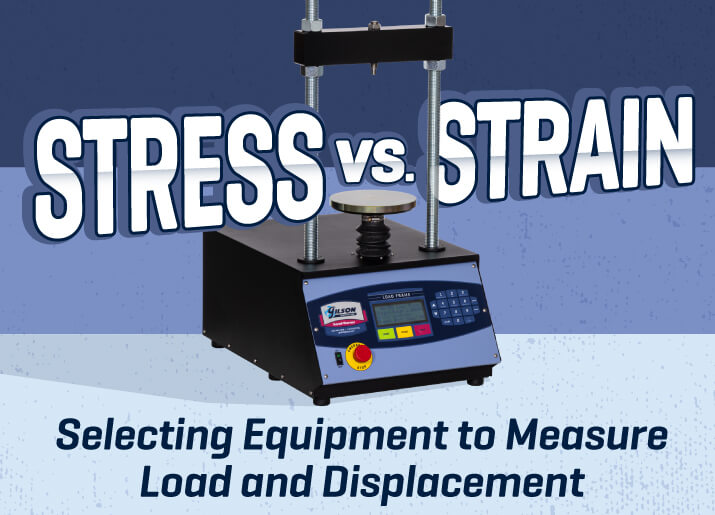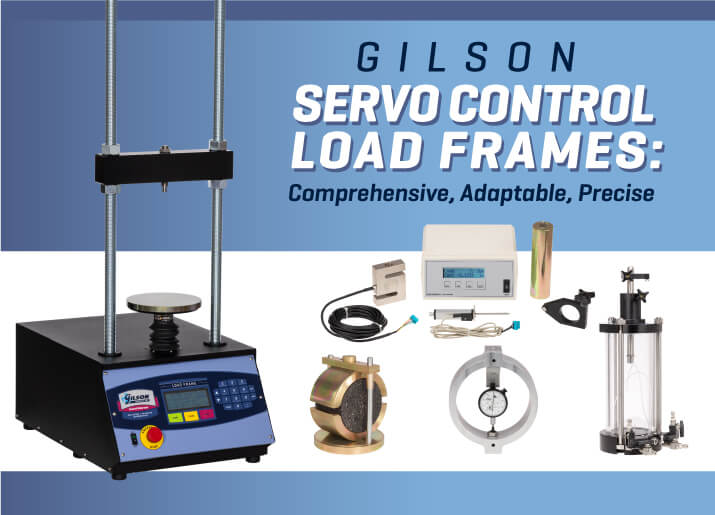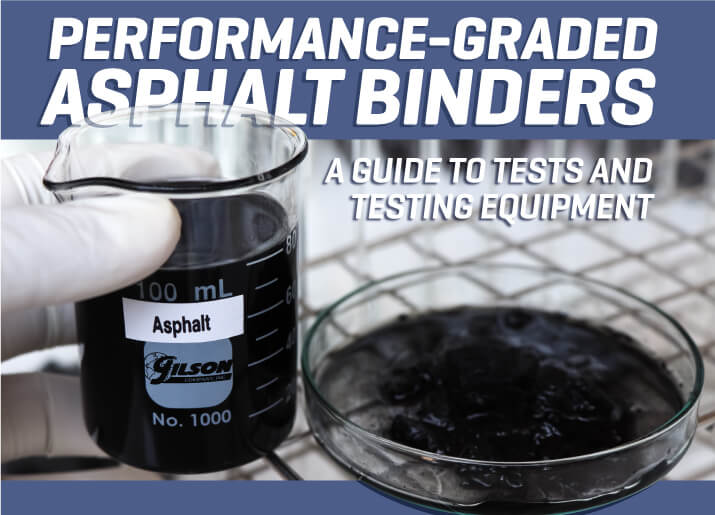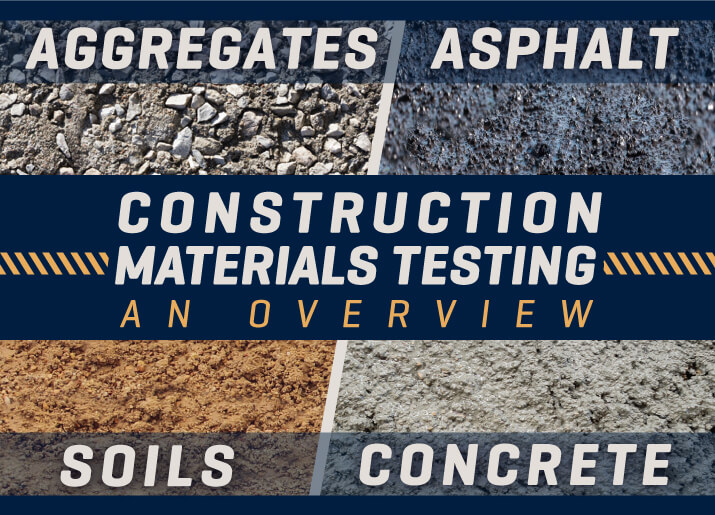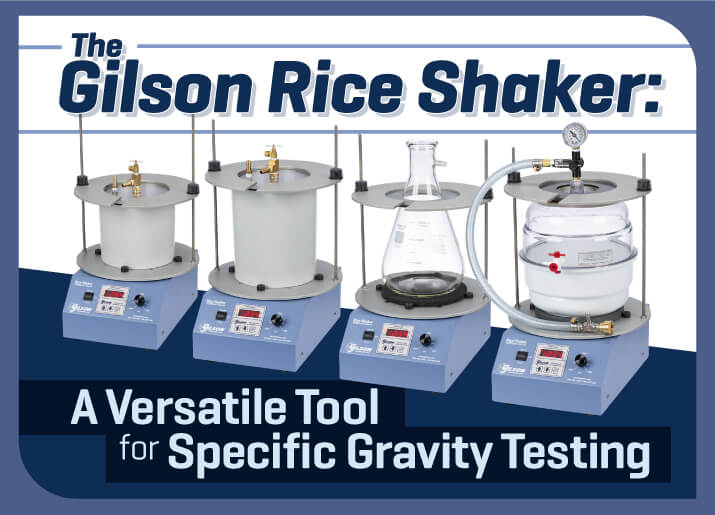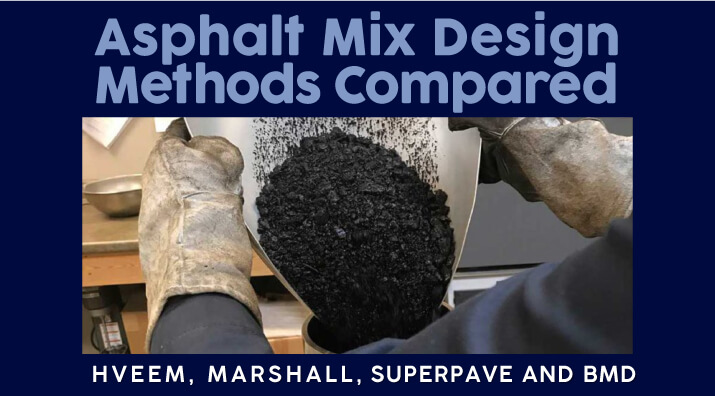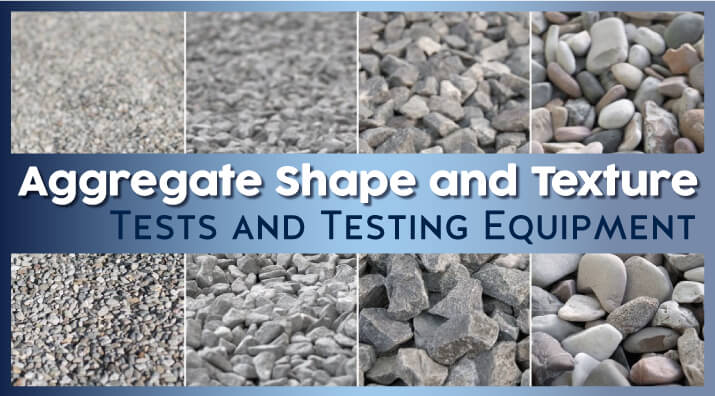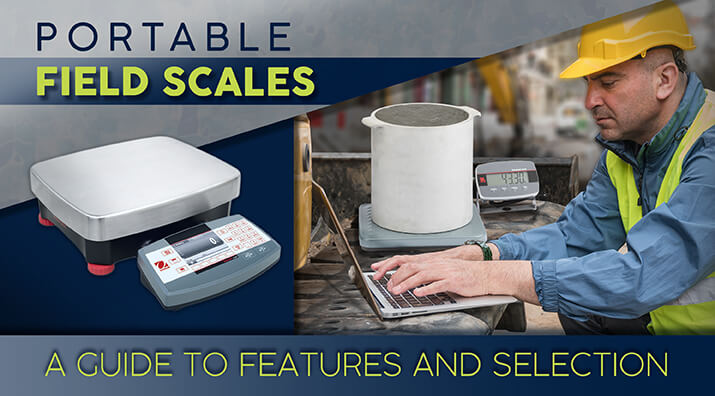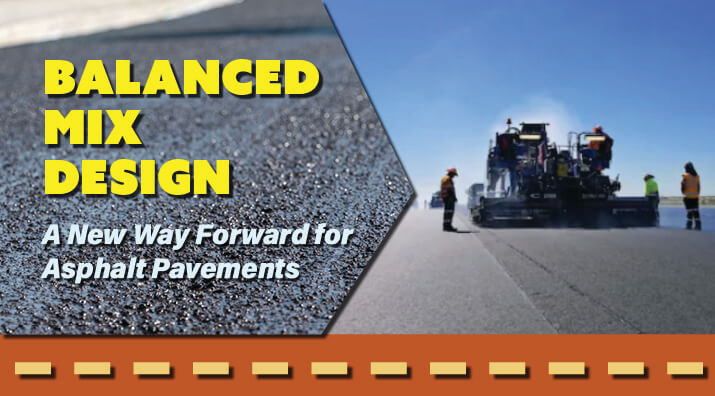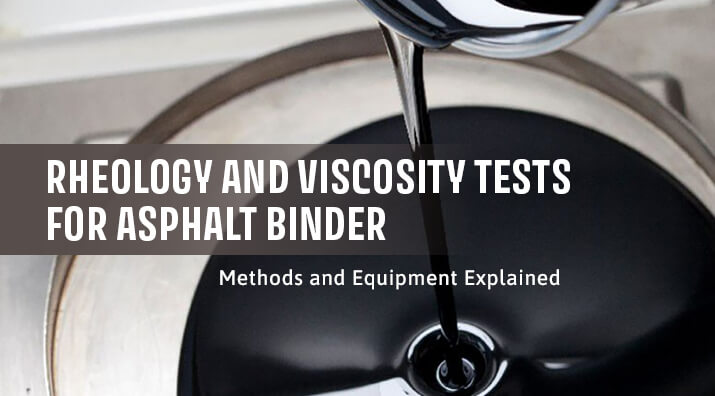Knowing how to determine stress versus strain is central to almost any strength assessment performed in a construction materials testing lab. In this blog, we explore the various the test methods and instruments available for measuring load and displacement.
- Log in
- Favorites List
-
Shopping Cart
You have no items in your shopping cart.
Gilson Insights
Have questions about your materials testing equipment? We have the answers to these questions and much more right here! Check back monthly for long-form blog posts, how-to guides and infographics. We’ll address industry insights, the operation and maintenance of specific equipment, and our product line recommendations, all designed to better serve you.
Bookmark this page, add it to your RSS reader, or subscribe to our newsletter, so you never miss a hot topic.
Laboratory load frames perform multiple test methods on a variety of soil, asphalt, and cement materials simply by changing prescribed components used for load and distance measurements. This blog post introduces Gilson’s innovative Servo Control Load Frames and explores important considerations for selection of a suitable load frame and testing components for your applications.
Knowing how to properly test and verify asphalt binders is essential to understanding how asphalt will react to various climate conditions. This guide covers the methods used to classify asphalt binders and how to perform these tests to ensure optimal pavement performance and longevity.
The term construction materials testing sounds like a catch-all term for analyzing everything from nails to doorknobs. However, for the civil engineering industry, it has come to mean the characterization of a handful of things by using specific test methods in a construction materials testing laboratory: concrete, aggregates, asphalt, and soils. This blog will take a high-altitude view of what construction materials are, the most important properties to test for, and the right equipment to get the job done.
If you regularly perform asphalt theoretical maximum specific gravity (Rice) tests, the Gilson Rice Shaker is a time-saving tool to have in your lab. Find out why this unit is the key to determining accurate specific gravity determinations for asphalt, aggregates, and soils.
The list of essential ingredients for hot mix asphalt is exceedingly short for a composite material with such complex characteristics: asphaltic cement and mineral aggregates. Modern, flexible pavements with different mix designs are simply variations in the properties and ratios of the essential ingredients and adjustments to temperatures, handling, and placement methods. This article is an overview of past and present asphalt mix design methods and equipment, including Hveem, Marshall, Superpave, and Balanced Mix Design (BMD).
Construction aggregates are traditionally mined or extracted from natural sand and gravel deposits or geological rock formations, then further crushed and sorted into size fractions for blending. In this blog article, we discuss the tests and equipment to determine the characterization of aggregate shape properties for roads and structures.
Some test methods must be performed on the spot to ensure that the best products are being produced or placed following specified procedures. Portable weighing devices are especially important to operate accurately and conveniently in remote locations. In this blog post, we’ll discuss what to look for when choosing one.
Balanced Mix Design is a practical and common-sense approach to constructing long-lasting asphalt pavements. The design of asphalt mixes traditionally follows a prescriptive, volumetric path. Materials are selected and combined to meet the requirements of the specification with little evidence of what their real performance will be in a localized application or a certain environment. Researchers and practitioners alike have concluded that just mixing the specified ingredients in the stated volumes is a poor predictor of long-term asphalt pavement performance. As one prominent paving engineer put it, “Let’s stop using the recipe to determine if the cake is good.”
Asphalt binder is a fundamental and surprisingly complex component in the design of modern asphalt pavement mixes. Of the many properties of bitumen that affect its performance in a modern asphalt paving mixture, two are crucial to the long-term success of pavements, viscosity, and rheology. This blog post will explore binder viscosity tests and rheology tests, their applications, benefits, and testing equipment.
- 2026
- 2025
- 2024
- 2023
- 2022
- 2021
- 2020
- 2019
- 2018
- 2017
- 2016
- 2015

